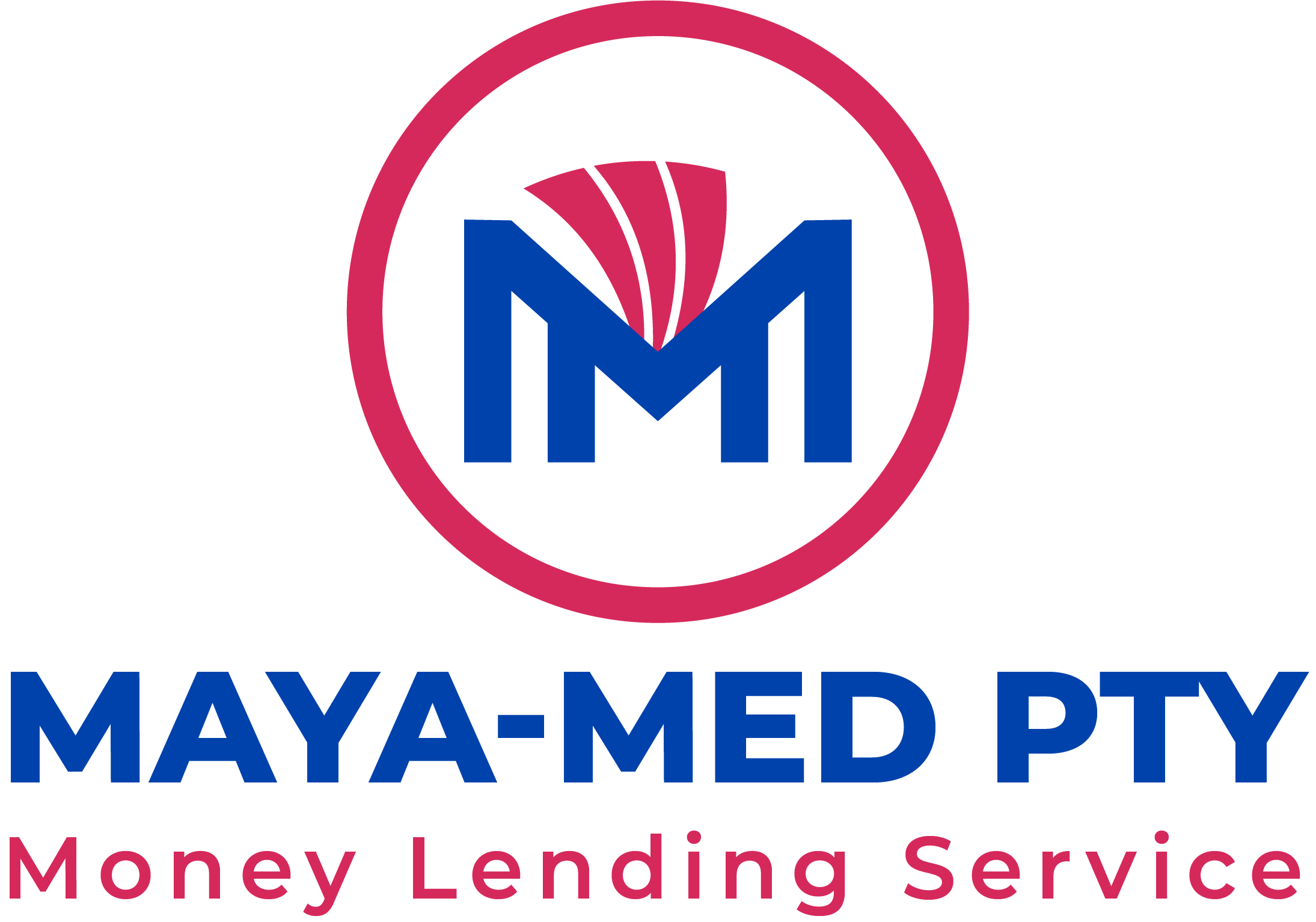Download
+27 63 209 481
abednigobles@gmail.com
We are here to help our customer any time. You can call on 24/7 To Answer Your Question.

Education Loan
A “property loan” is a financial arrangement where an individual or entity borrows money from a lender, typically a bank or financial institution, to purchase, refinance, or develop real estate. This type of loan is commonly used by individuals looking to buy a home, investors acquiring rental properties, developers constructing new buildings, or businesses expanding their commercial space.
Property Loan Requirements
In South Africa, obtaining a property loan involves meeting certain requirements set by lenders. These requirements can vary depending on the lender’s policies, the type of property being financed, and the borrower’s financial situation. Here are common property loan requirements in South Africa:
- Credit Score: Lenders assess borrowers' creditworthiness by evaluating their credit history and credit score. A higher credit score demonstrates responsible financial behavior and reduces the risk for the lender. Generally, a good credit score improves the chances of loan approval and may result in more favorable loan terms, such as lower interest rates.
- Income and Employment: Borrowers typically need to demonstrate a stable source of income to qualify for a property loan. Lenders may require proof of employment, such as recent pay stubs or income tax returns. Self-employed individuals may need to provide additional documentation, such as financial statements or business tax returns, to verify their income.
- Down Payment: Borrowers are usually required to make a down payment toward the purchase price of the property. The down payment amount can vary but is often a percentage of the property's purchase price. In South Africa, down payments typically range from 10% to 30% of the property's value, depending on factors like the borrower's creditworthiness and the lender's policies.
- Affordability Assessment: Lenders conduct affordability assessments to ensure that borrowers can afford the monthly loan repayments. This assessment considers factors such as the borrower's income, expenses, and existing debt obligations. Lenders may use debt-to-income ratios to determine the maximum loan amount a borrower qualifies for.
- Property Valuation: Lenders typically require a professional valuation of the property to determine its market value. The valuation helps the lender assess the property's suitability as collateral for the loan. Borrowers may need to cover the cost of the valuation.
- Legal Compliance: Borrowers must comply with legal requirements related to property ownership and financing. This may include providing proof of identity, residency status, and legal capacity to enter into a loan agreement. Additionally, borrowers must ensure that the property meets zoning, building code, and other regulatory requirements.
- Insurance: Lenders often require borrowers to obtain property insurance to protect against risks like fire, theft, and natural disasters. Depending on the lender's policies, borrowers may also need to purchase mortgage insurance to cover the lender's risk in case of default.
Meeting these requirements demonstrates to lenders that borrowers are financially responsible and capable of repaying the loan. It’s essential for prospective borrowers to carefully review and understand the specific requirements of lenders before applying for a property loan in South Africa.
Property Loan FAQs
-
What types of properties can I purchase with a property loan?
Property loans can be used to finance various types of properties, including residential homes, condominiums, apartments, commercial buildings, industrial properties, and vacant land.
-
How much money can I borrow with a property loan?
The amount of money you can borrow with a property loan depends on factors such as your income, creditworthiness, the value of the property, and the lender's policies. Generally, lenders finance a percentage of the property's appraised value, with borrowers typically required to make a down payment.
-
What is the difference between a fixed-rate and a variable-rate property loan?
A fixed-rate property loan has an interest rate that remains constant throughout the loan term, providing borrowers with predictable monthly payments. In contrast, a variable-rate (or adjustable-rate) property loan has an interest rate that can fluctuate over time based on changes in market interest rates.
-
What documents do I need to apply for a property loan?
The documents required for a property loan application may vary depending on the lender and the type of loan, but commonly requested documents include proof of income (such as pay stubs or tax returns), identification documents, bank statements, and information about the property being financed.
-
How long does it take to get approved for a property loan?
The approval process for a property loan can vary depending on factors such as the lender's procedures, the complexity of the loan application, and the availability of required documents. In general, the approval process may take several weeks from the time of application to loan approval.
-
What are closing costs, and who is responsible for paying them?
Closing costs are fees and expenses associated with finalizing the property purchase transaction, including loan origination fees, appraisal fees, title insurance, and attorney fees. The responsibility for paying closing costs can vary depending on the terms negotiated between the buyer and seller, but typically the buyer pays these costs.
-
What happens if I miss a payment on my property loan?
Missing a payment on your property loan can have various consequences, including late fees, negative impacts on your credit score, and potential foreclosure proceedings if payments are consistently missed. It's essential to communicate with your lender if you're facing financial difficulties to explore options such as loan modification or forbearance.
-
Can I pay off my property loan early?
Most property loans allow borrowers to pay off the loan early without incurring prepayment penalties. However, it's essential to review the terms of your loan agreement to confirm whether any prepayment penalties apply and to understand the process for making early payments.
